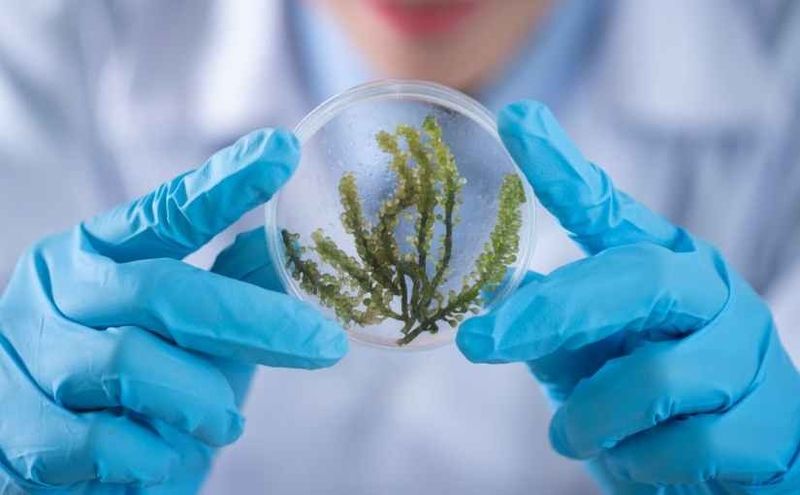Can university laboratories move away from single-use plastic?
Kerry Cheek, SRS Projects Coordinator, has a background working in both laboratory research and in sustainability. Here, she reflects on a recent project in which she researched laboratory plastic waste at the University of Edinburgh.
Why laboratory plastics?
I worked in a laboratory for two years after graduating from university. Specifically, I worked in cell culture for two relatively small labs at the University of North Carolina at Chapel Hill. Every day, I would use hundreds of pipettes, tens of culture dishes, multiple bottles of media poured into many smaller bottles of daily mixes. All of it plastic, all of it single-use.
This constant generation of waste did not sit well with me, even before I came to Edinburgh to study environmental sustainability. However, it was crucial to the success of the experiment, which in turn was crucial to our work improving anti-cancer drugs or understanding neuropsychiatric illness. Single-use plastics meant sterile procedure and safety: less risk of contamination, less risk of accidental injury.
This experience is not unique to the labs that I was working in, or the university, or the country. It is an issue that is gaining attention globally, even more so in response to growing awareness of the climate crisis. In 2014, worldwide laboratory research generated an estimated 5.5 million tonnes of plastic waste, equal to 83% of the plastic recycled worldwide in 2012.[I] While single-use plastic might be great for experiments, it is terrible for the environment… and finding solutions that work for both is no easy task.
What’s been done so far?
The University of Edinburgh is a leading research-intensive university, with more than 80% of research activity considered internationally excellent [II]. Laboratories are an integral part of the continued excellence of the University’s research, but are also a large source of plastic waste. The University has a well-established lab sustainability programme which aims to identify ways to reduce the negative environmental and social impacts of lab operations without restricting our world class academics’ ability to do what they do best. As part of this programme, the Department for Social Responsibility and Sustainability created a project to identify ways to improve plastic use and disposal in laboratories, particularly focused on the potential to reduce single-use plastics.
Lab plastics survey
To determine current practices and desired support for reducing plastic in University of Edinburgh laboratories, we conducted a survey in May, 2019. Some findings from the survey are below. More information can be provided if requested.
There is a common misunderstanding that the University ‘doesn’t allow’ any lab plastics to be recycled. This misunderstanding is the largest listed barrier to recycling in labs.
Further barriers to recycling are: waste contractors don’t accept certain plastic types; lack of bins; effort; uncertainty about recycling; contamination concerns.
Support requested from the University: clear lab recycling instructions; centralised guidance for plastic-reducing initiatives; more accessible bins; a decontamination method to increase recycling.
You can read the complete blog here.











